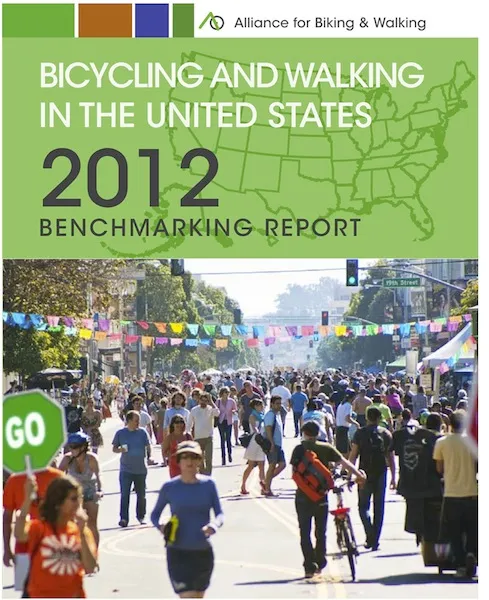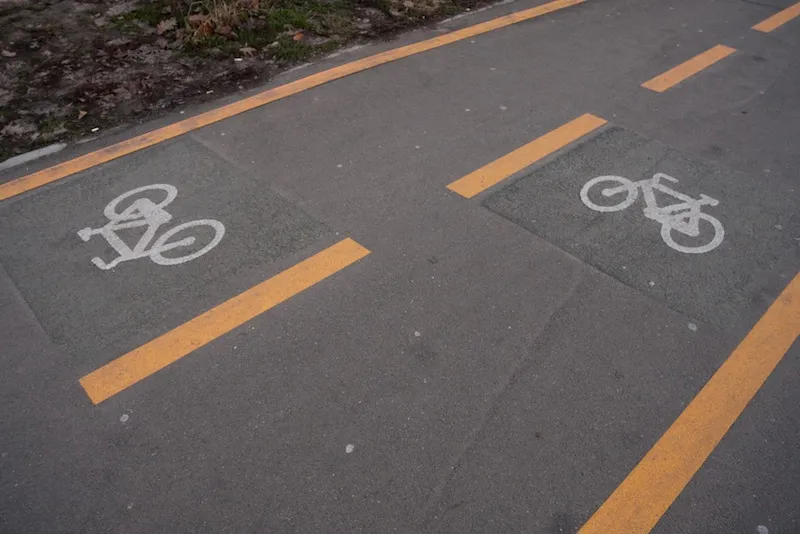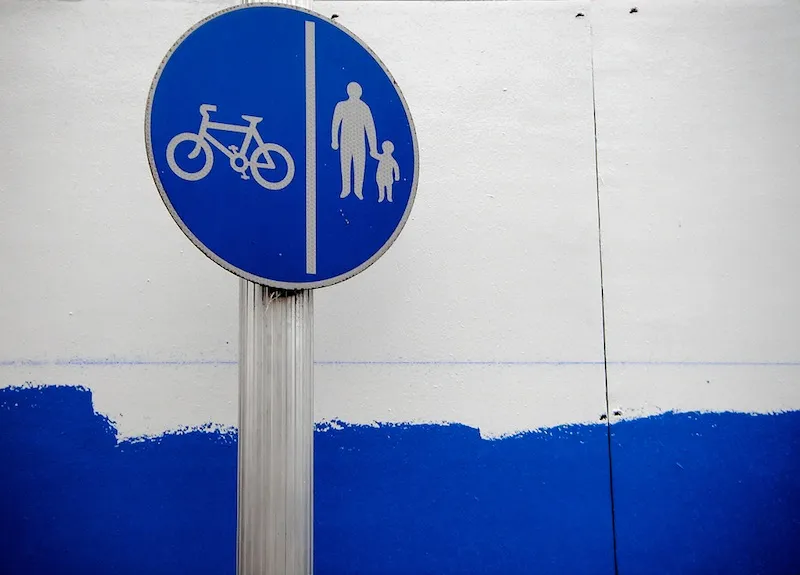More people are walking and using two wheels. These are the findings from the Bicycling and Walking in the US: 2012 Benchmarking Report, which was released in January by the Alliance for Biking & Walking.
The ongoing benchmarking effort collects and analyzes data on bicycling and walking in all 50 states and the largest 51 US cities. This is the study’s third biennial report and it provides data on bicycling and walking levels, as well as: demographics, safety, funding of bicycle and pedestrian projects, and even the economic impact of bicycling and walking.
The study’s authors say that the report actually comes at a critical moment, as the United States Congress looks to pass the next federal transportation bill, which dictates how billions of tax dollars will be spent over the coming years. The new report includes changes in spending as well as ridership and pedestrian uses from the past three reports, and compiles the most recent data. “This really helps bring all the information together in an easy format that any bicyclists or government official can understand how to improve bicycling and walking in their community or their state,” said Jeffrey Miller, president and CEO of the Alliance for Biking & Walking.
Miller tells BikeRadar that the study ranges from basic information to providing a correlation noting activity including biking and walking to health in particular states and cities. “The big finding is that 12 percent of the population regularly walks or rides a bike for physical activity,” said Miller, “yet just 1.6 percent of all transportation dollars are spent on pedestrian and cycling initiatives.”
Miller added that the timing is crucial as new transportation spending could strip existing funding away. “We really think we have made a strong case on why we should get more funding, but right now we’re just trying to keep what we have,” said Miller.

Alliance for Biking and Walking’s 2012 Benchmarking Report
Miller and the Alliance for Biking & Walking of course have strong allies, many who see that usage is the key. “Bike usages for recreation and travel is increasing,” Bruno Maier, vice president of Boulder-based Bikes Belong told BikeRadar, agreeing that cycling is certainly on the rise. “We’re seeing growing interest in century rides, cycling vacation, race participation, triathlons, etc. With the increasing usage and growing number of events economic impact of bicycling should continue to increase.”
One issue that Miller addresses head on is how it maybe the federal transportation budget that allocates new bicycling and pedestrian initiatives, but it is the communities that must maintain them. For many cash strapped cities this can be as much as curse as a blessing.
Miller believes that the benefits outweigh the costs. “Maintenance costs for these facilities are easy to maintain,” stresses Miller, who notes that in many cases it’s just plowing, mowing, and brush removable with eventual need to repave or re-grade. “This is just a fraction of the costs, and yet time and time again we’ve seen how important these trails can be in terms of how they become economic drivers for communities.”

Advocates hope the report will help both the federal government and local communities justify investment in bike infrastructure
And for those communities planning to invest or already invested, Miller hopes that the new study will help give cyclists and pro-cycling officials an opportunity to help make further improvements. “We hope advocates and riders alike put this to good use,” he said. “The benchmarking report, in the past allowed, communities to focus and prioritize efforts, and this one will further help those looking for more cycling and pedestrian projects to win the battle.”
